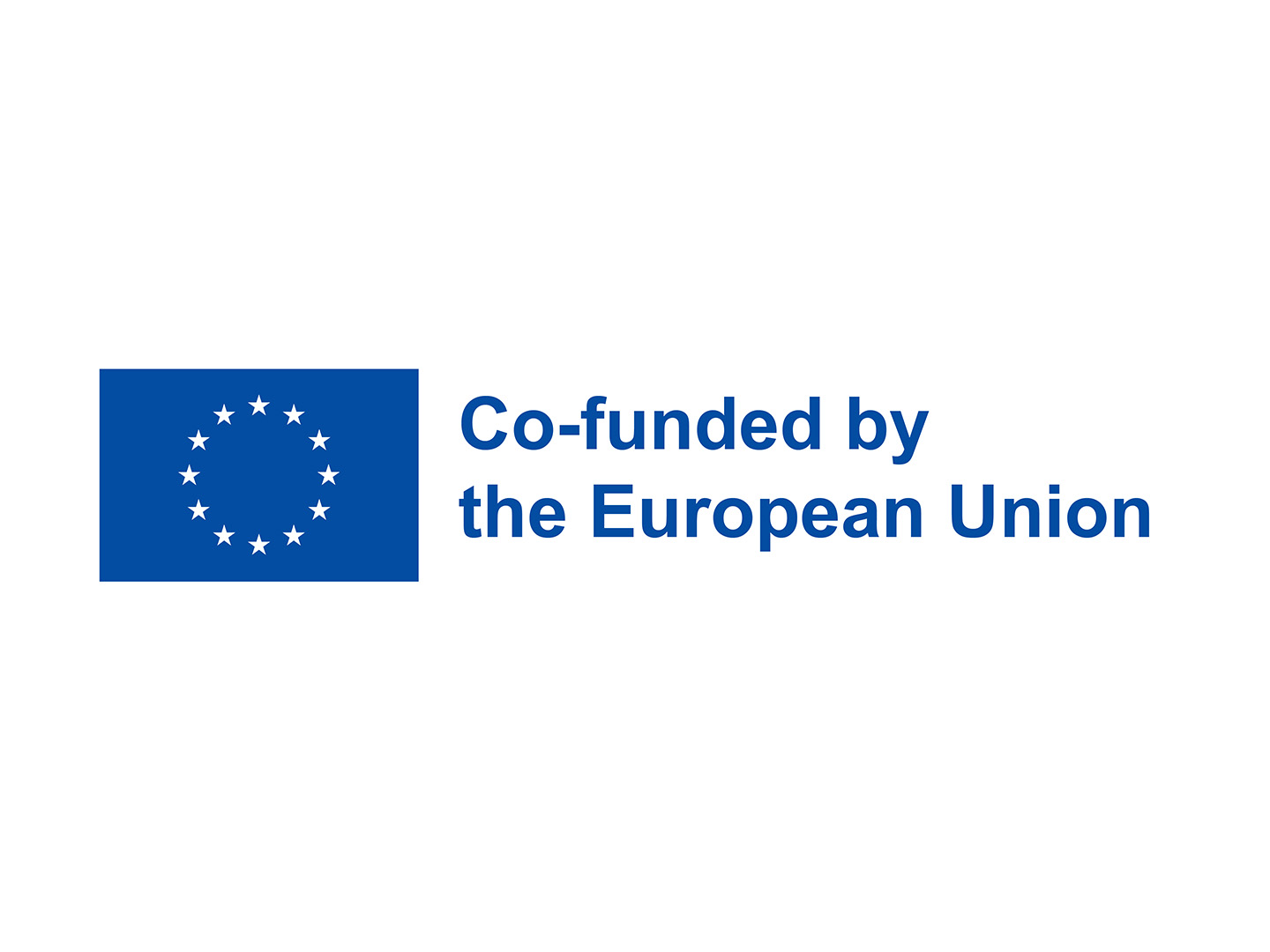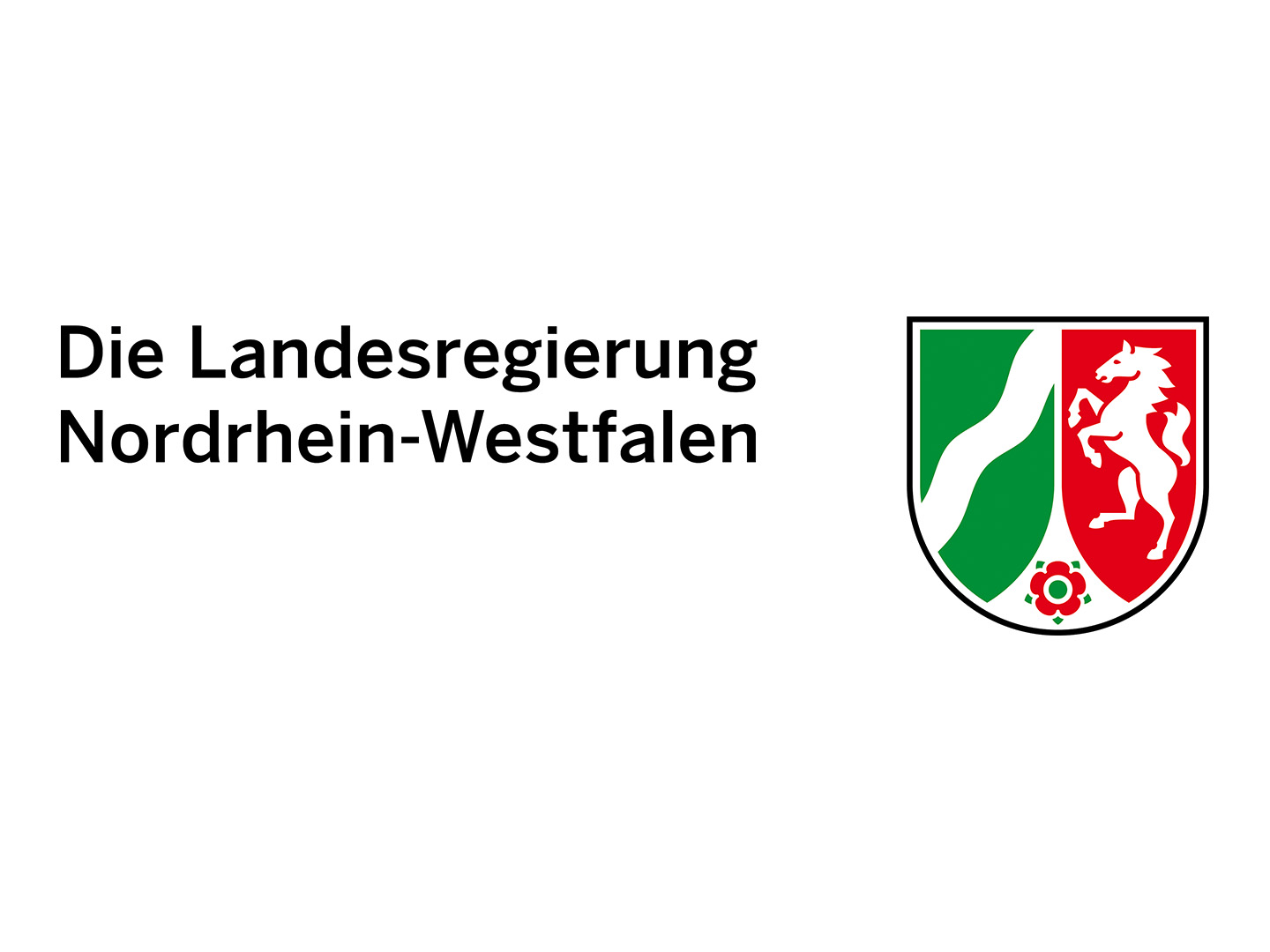Project goals: Increasing the performance and long-term stability of fuel cells
The HyCoFC project focuses on the development of a cost-effective and scalable production method for hybrid compound bipolar plates (Hy-Co-BPP) and a customized fuel cell stack concept. The main objective is to increase the performance and long-term stability of fuel cells. The Hy-Co-BPP consists of a metallic carrier foil (material thickness approx. 100 µm) and a conductive compound foil (material thickness approx. 150 µm). The production of the compound foil is based on a process patented by Fraunhofer UMSICHT, in which a compound of dry-mixed plastic filler powders is formed into continuous foils using a scalable rolling mill process. The compound foil produced in this way is then bonded to a specially adapted metallic carrier foil using a calender. The composite material is provided with flowfield structures in a continuous process by roll embossing and then joined to form bipolar plates. Overall, the project aims to further develop the innovative foils for the specific requirements of fuel cell stacks in heavy-duty applications and to establish cost-efficient, scalable processes.
The project consortium covers all essential development and process steps – from the simulation-based design of the hybrid-compound bipolar plates and the adjustment of the surface properties of the metallic carrier foil, to the development of the compound foil and the production of the embossing rollers required for continuous manufacturing, as well as the laser-based joining and structuring techniques for the individual components. The assembly and validation of the hybrid-compound fuel cells, along with a final technology assessment, complete the project.
 Fraunhofer Institute for Environmental, Safety and Energy Technology UMSICHT
Fraunhofer Institute for Environmental, Safety and Energy Technology UMSICHT
